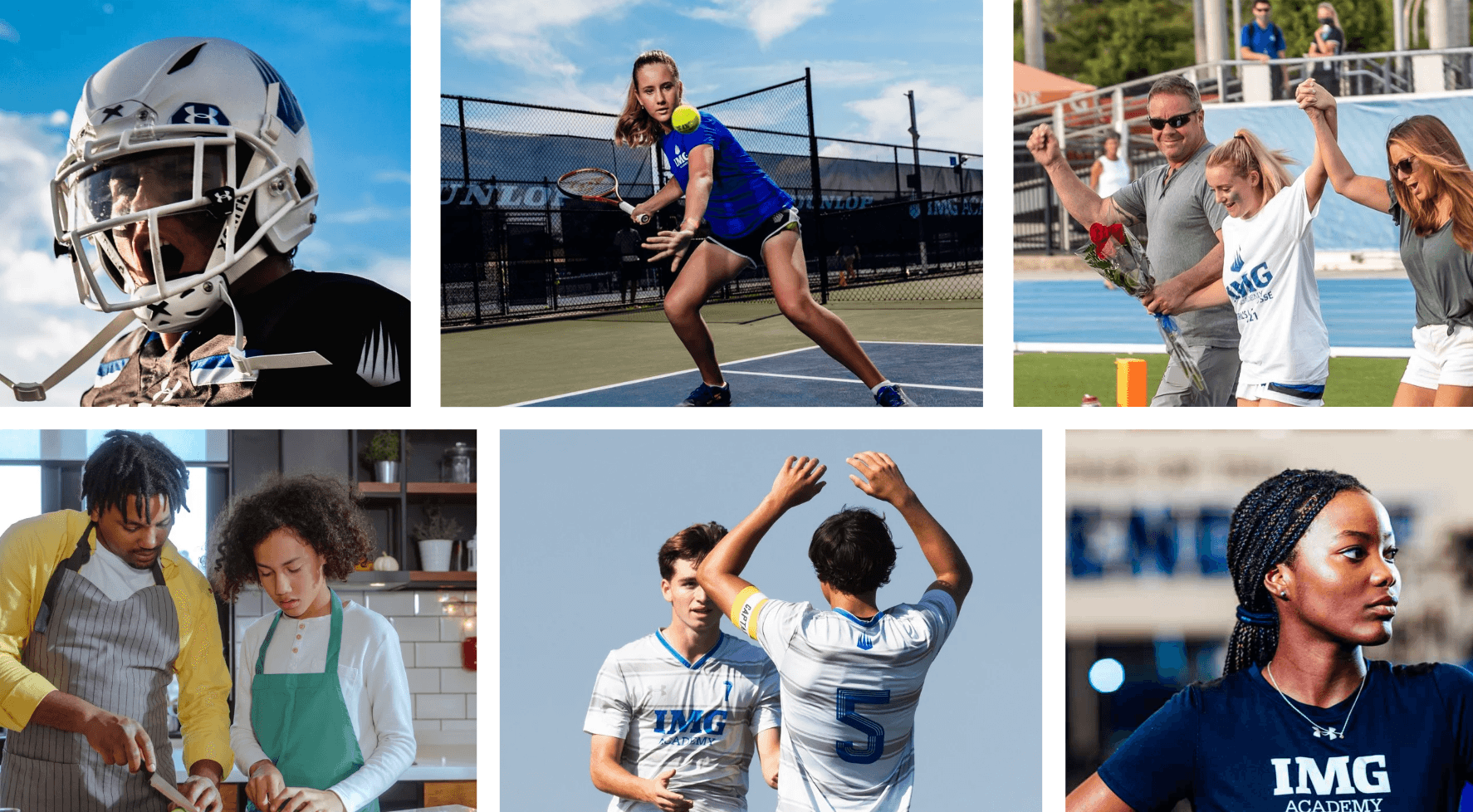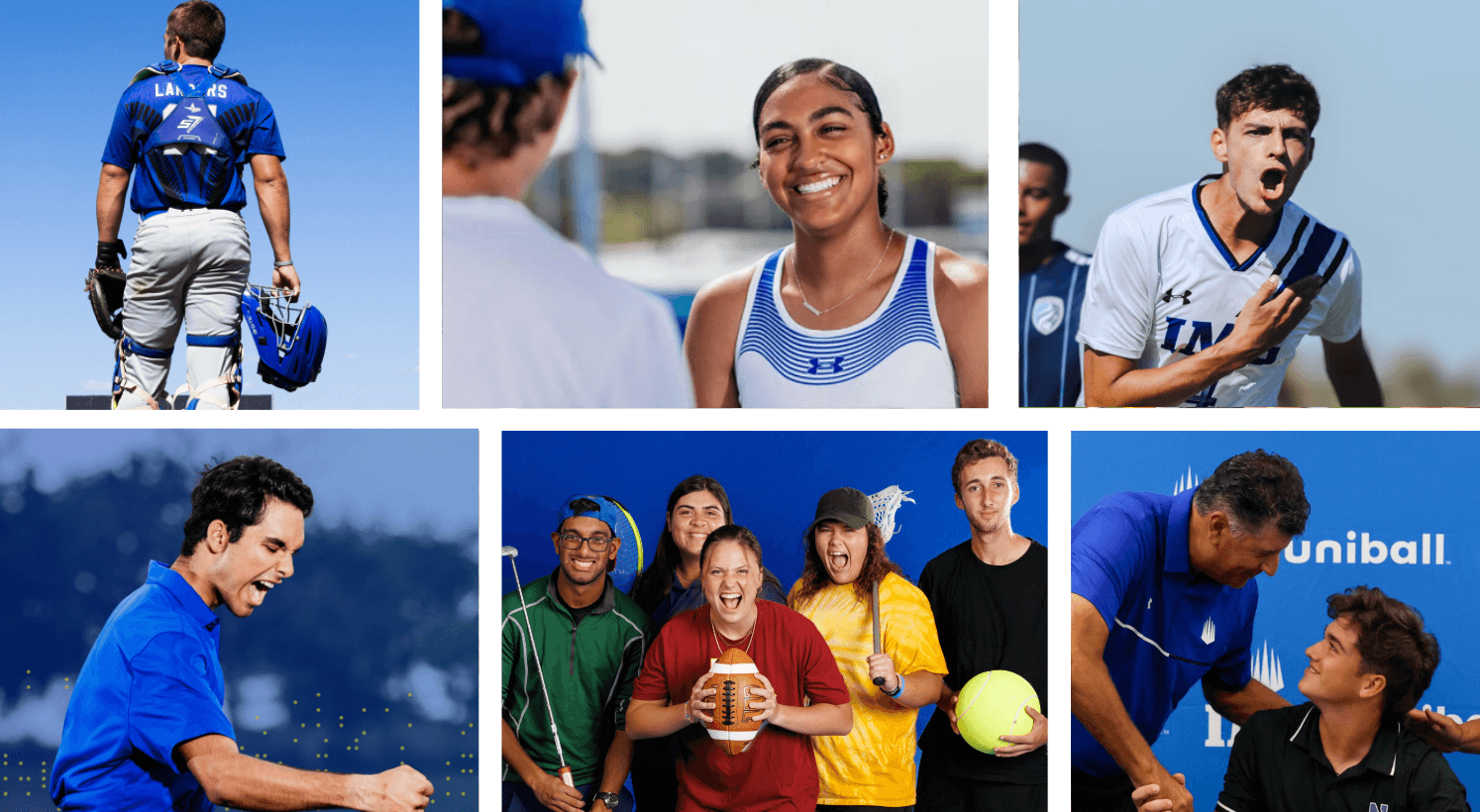Supplement Safety for Youth Athletes: A Parent’s Guide


From protein powders and pre-workouts to energy drinks and mass gainers, the supplement industry is everywhere, and student-athletes are paying attention. Whether it’s something they saw on social media, heard from a teammate, or found in the store, it’s easy for young athletes to believe that supplements are the key to getting stronger, faster, or leaner.
But as a parent, it's important to know not all supplements are safe, necessary, or appropriate for youth athletes. In fact, some may do more harm than good. Here’s what you need to know to help your child make informed, safe choices when it comes to supplements.
What Are Supplements?
Supplements are products designed to add nutrients or other performance-enhancing ingredients to the diet. They come in many forms like powders, pills, shakes, and bars. Many often promise benefits like muscle gain, fat loss, increased energy, or faster recovery.
Common supplements include:
Protein powders
Creatine
Pre-workout
Energy drinks
Vitamins and minerals
“Fat burners” or weight-loss aids
Are Supplements Safe for Young Athletes?
The supplement industry is largely unregulated, which means many products may contain hidden or banned substances, inaccurate ingredient labels meaning it contains too much or none of the listed ingredients, or unsafe doses that are especially risky for growing bodies and developing brains. For example, the maximum recommended caffeine dose for those under 18 years old is 100mg; most energy drinks contain more than 200mg. Also, most research with supplements is done with adults, and the effects of many of these substances on youth athletes are unknown.
Even supplements that seem harmless, like protein powder or energy drinks, may be linked to side effects like:
Digestive issues
Heart palpitations or high blood pressure
Sleep problems
Headaches and dehydration
Over-reliance on “quick fixes” instead of proper nutrition and training
What Parents Should Look Out For
Lack of third-party testing: Look for products certified by trusted third-party programs like NSF Certified for Sport or Informed Choice. These are tested for banned substances and ingredient accuracy.
Unrealistic claims: If it promises fast results with little effort, it’s likely too good to be true. Be aware of supplements promising “growth”, “energy”, or instant results.
Unfamiliar ingredients: Many products contain stimulants, unlisted additives, banned substances, or ingredients that aren't shown to have any benefits.
Peer or online pressure: Many teens hear about supplements through social media or friends, not healthcare professionals. Adults taking supplements does not mean that youth athletes should too.
How Parents Can Support Smart Choices
1. Focus on Food First
Help your athlete get the nutrients they need through whole foods. A performance-focused diet that includes protein, carbs, healthy fats, and hydration is the safest and most effective “performance enhancer” they can use. You can’t out supplement a poor diet.
What you can do:
Prepare balanced meals with plenty of color, variety, and fuel.
Offer protein-rich snacks like yogurt, eggs, smoothies, or turkey sandwiches instead of powders or bars.
2. Start the Conversation Early
Talk openly with your child about what they’re hearing or seeing related to supplements. Keep the tone supportive, not judgmental.
Try asking:
“Have you ever heard of teammates using supplements?”
“What have you seen on social media about nutrition or performance?”
“Do you think there’s pressure to take something to keep up?”
These conversations help you guide them before they act on misinformation.
3. Consult the Experts
Before giving your athlete any supplement, even something as common as a multivitamin, make sure you talk with a Registered Dietitian, Pediatrician or sports medicine professional. They can evaluate your child’s individual needs and recommend safe options, if needed.
When Supplements Might Be Appropriate
In some cases, a healthcare provider may recommend supplements if your athlete has a specific deficiency (like iron or vitamin D) or isn’t meeting their needs through food due to specific food preferences. But this should always be done under professional supervision, not based on social media ads or trends, and should always be third party tested.
The Bottom Line for Parents
Supplements may promise quick results, but they’re not a shortcut to success. The list of actual supplements that can support performance and recovery is actually quite small, so be aware of most products on the market. Most youth athletes don’t need them and when misused they can be risky for their health and performance.
The best way to help your athlete grow stronger, faster, and more confident is to fuel them with whole foods, positive habits, and trusted information. Be their safety net, their sounding board, and their guide. With your support, they’ll build not only a strong body, but the wisdom to take care of it for life.

Samantha Carson is a performance dietitian with IMG Academy Plus. As a Certified Specialist in Sports Dietetics and a Registered Dietitian with six years of experience, Samantha has a strong background in sports nutrition. Most of her expertise comes from her time at Arizona State University, where she worked with a variety of teams, including football, wrestling, soccer, lacrosse, and tennis.
For over a year, Samantha has been with IMG Academy Plus, where she enjoys educating athletes on the transformative power of nutrition in helping them reach the next level of performance. She is passionate about guiding athletes to achieve their best through tailored nutritional strategies that enhance both their health and athletic potential.
Like this article? Access more in the full resource library.


Start Achieving Your Goals With Essentials
- Unlock the full Essentials experience
- Get recommended content based on your interests
- Dive into content on mental performance, nutrition, college recruiting, sports training and so much more!